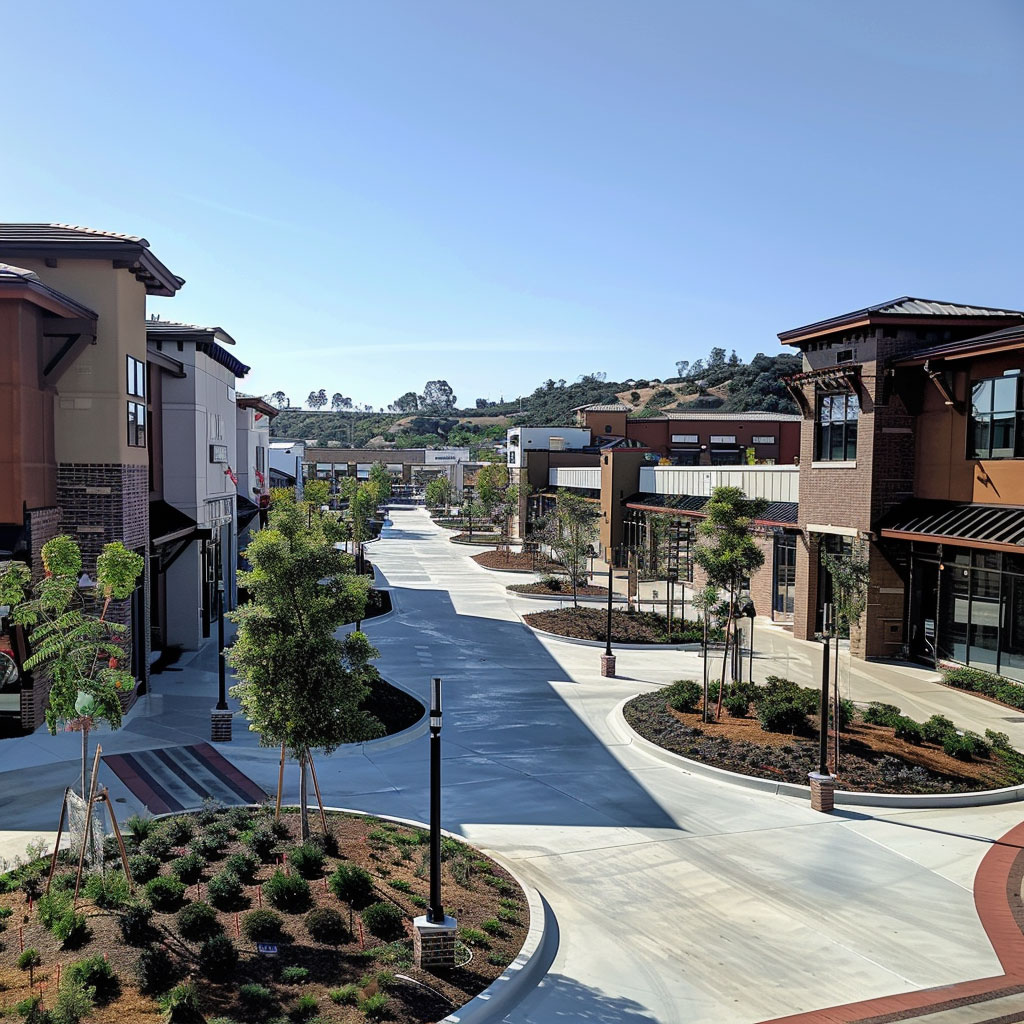


Real estate investors and developers looking to maximize their return should familiarize themselves with Residual Value (RV), an important metric used to estimate land's worth based on revenue potential and less costs of construction. Accurate estimation allows stakeholders to make more informed decisions regarding land acquisition and project feasibility - this guide provides examples of RLV calculations as well as details about its components. Stay informed about industry updates and trends by exploring our latest insights in our press and news section.
Calculating the Residual Value of Land is based on the potential revenue of the property less the development costs. This calculation includes construction costs and expenses. Real estate developers and investors can use this method to calculate return on investment before investing resources.
The next step after estimating the GDV of your project is to subtract the Total Development cost. TDC is the total of all costs directly associated with bringing your project to market and life.
TDC is composed of:
After gathering the required data, the formula to determine the Residual Value of Land is simple:
Residual land value = Gross development value - Total Development cost
This formula will give you the price that reflects the real value of the land for a successful development project. For further insights on financial modeling and residual land value calculation techniques, check out this resource on how to calculate residual land value.
Calculation of Residual Land Value
Consider a practical application to understand how the RLV is calculated:
Imagine that you are planning to build a residential property with a GDV estimate of $10 million. You have done your research and calculated that the TDC will be around $7 million. This includes construction, fees and marketing.
RLV = $10,000,000 GDV + $7,000,000 TDC = 3,000,000
These calculations show that you can purchase land up to $3,000,000 and still be profitable.
Calculating RLV can be difficult. GDV and TDC can be affected by market fluctuations, unforeseeable costs and regulatory changes.
Remaining land value is a crucial factor that investors and developers use to assess the viability of real estate projects. It helps determine the maximum price they can spend for the land and yet reach their financial objectives. It also clarifies whether a development project could be profitable.
The location, zoning laws, market demand, building costs, financing arrangements, and projected sales prices are some of the variables that can affect residual land value. Any of these factors changing could have an impact on the land's ultimate worth.
The pricing and negotiating processes in land purchases are greatly impacted by residual land value. Remaining land value analysis is a tool used by sellers to calculate the asking price for their land, accounting for possible development returns. On the other hand, purchasers use assessments of residual land value to determine whether the asking price meets their investment requirements and is in line with expected returns.
The study conducted by developers is essential for assessing residual land value since it offers important information about a number of variables that affect a real estate project's prospective profitability and financial viability. Developers can evaluate the best use of the land by evaluating local market conditions, demand patterns, and competitive dynamics through thorough market study.
Without a doubt, by seeing chances to add value, reducing risks, and maximizing the site's development potential, developers' study is essential to maximize residual land value. Developers can successfully customize their plans to match market expectations by identifying market trends, demand drivers, and new opportunities through thorough market analysis.
In the field of real estate development, any project's performance and profitability depend heavily on comprehending and utilizing residual land value, or RLV. Developers can learn a great deal about the prospective returns and financial viability of their projects by including RLV into their analysis. With this knowledge, they may more effectively allocate resources, avoiding less profitable initiatives and identifying high-yield prospects.
For developers seeking to optimize their land development strategies, harnessing the power of RLV is essential. For more insights into the residual method for land valuation, explore our article on the pros and cons. At Developer's Research, we specialize in providing comprehensive land development evaluation services tailored to your specific needs. Explore our specialized services, including comprehensive land development evaluation, tailored to your specific needs. Learn more about our offerings on our services/land development evaluation page.Our expertise enables you to unlock the full potential of your projects, guiding you towards lucrative opportunities and mitigating risks. Explore our services today at Developer's Research and embark on your journey towards real estate success. Learn more about how our services can help you unlock the full potential of your projects by visiting Developer's Research.